
Women’s Agency Grows in the Greenhouse
By Jane Okoth
In sub-Saharan Africa, women perform more than 50% of the agricultural activity, according to the United Nations. While women provide the majority of labour in agricultural production, their power over resources is restricted due to discrimination by male dominated traditions.
Wildlife Works has been co-creating opportunities for economically-marginalized women to take the lead in their communities and generate new sources of income. We have been teaming up with organizations in order to support local women’s groups in setting up greenhouses within their surrounding communities.
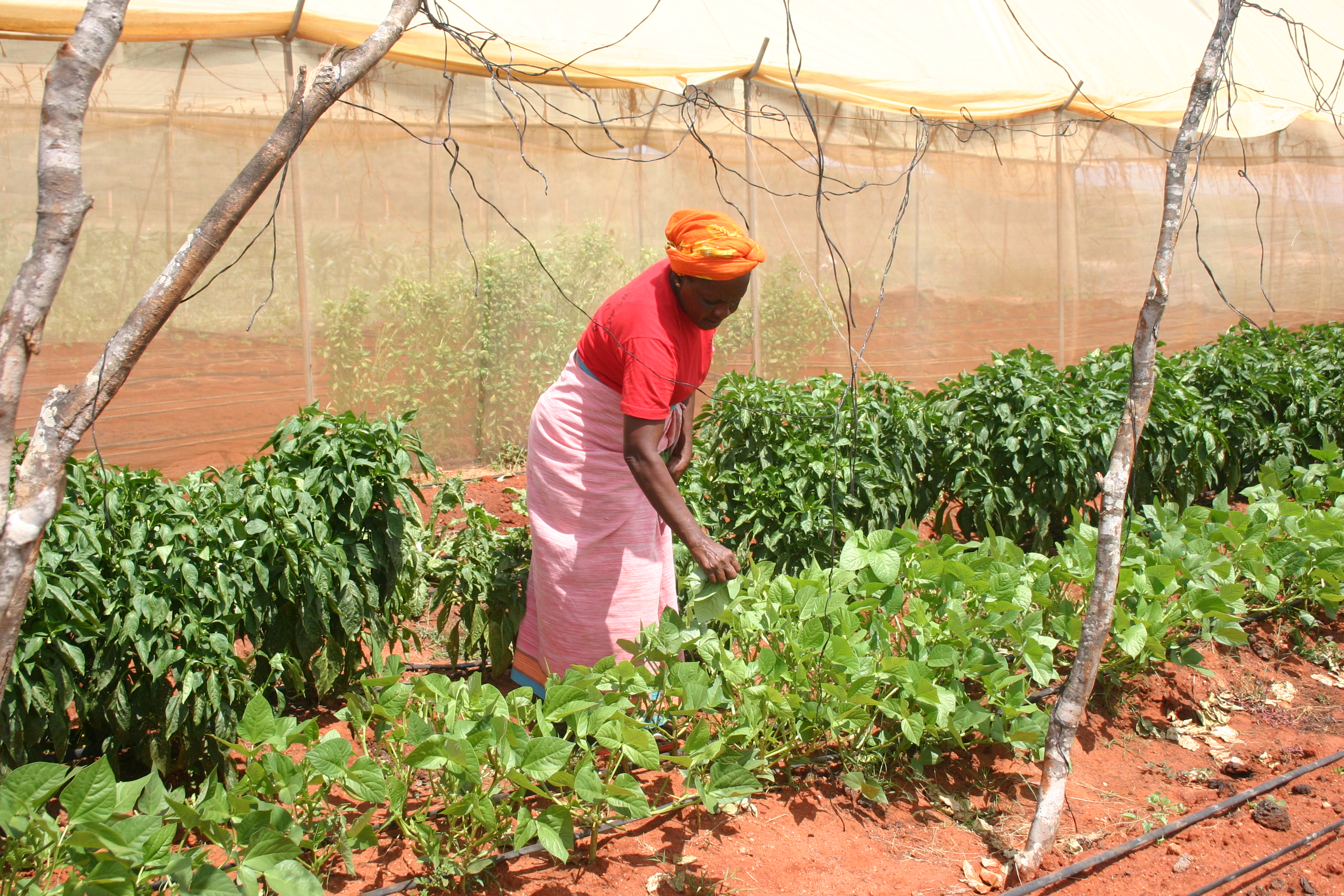
The concept of greenhouse farming was adopted because only a small size of land is needed to erect the greenhouse, and conditions can be more easily controlled in order to improve crop growth. Land and water for farming in some arid parts of Kenya is scarce and traditional farming techniques fail due to drought or the effects of climate change. The greenhouses are also part of Wildlife Works’ efforts to increase the capacity of local communities and discourage slash and burn agriculture.

Lusario Widows’ Group works in a greenhouse provided by Elephant Cooperation and constructed by the Wildlife Works Greenhouse and Workshop team in August 2017. The group is situated in Miasenyi, approximately 25km from Wildlife Works’ headquarters. The group consists of 13 members, all widows aged between 50-70 years who have been afflicted by the HIV/AIDS pandemic. Members of this group work on the greenhouse farm and ensure the crops are properly irrigated. Through the group’s chairperson Janet Matano, their activities are going according to plan and funds are properly managed after a good sales period. The women have been making sales from the greenhouse farm and distributing the cash to its members.
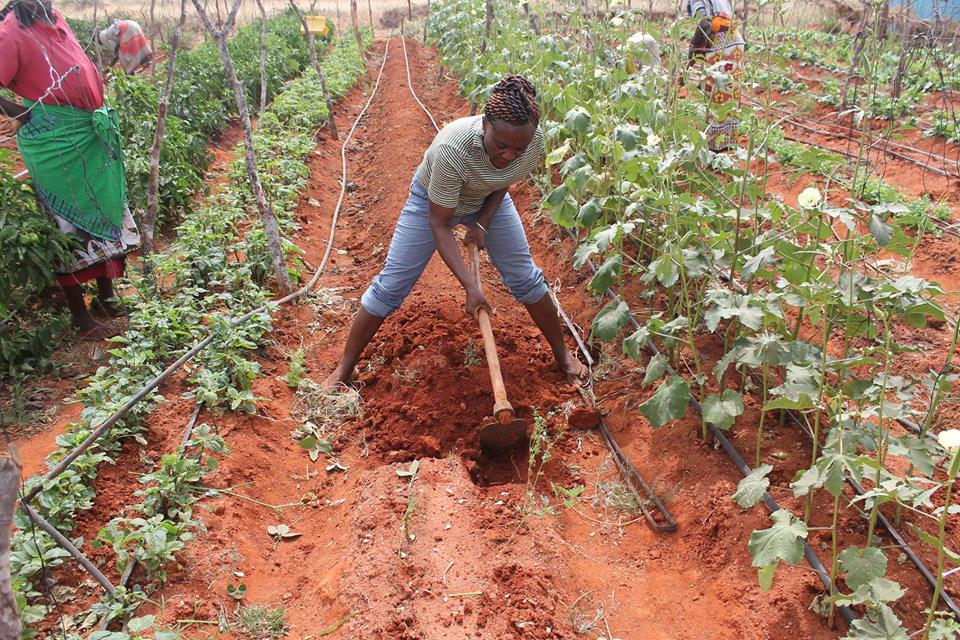
Another recipient is Bungule Women’s Group, which consists of 20 members who are either widowed or single mothers. The greenhouse was provided by Kering Foundation and constructed by Wildlife Works in 2014. Through working at the greenhouse, active members are able to plant and sell vegetables.
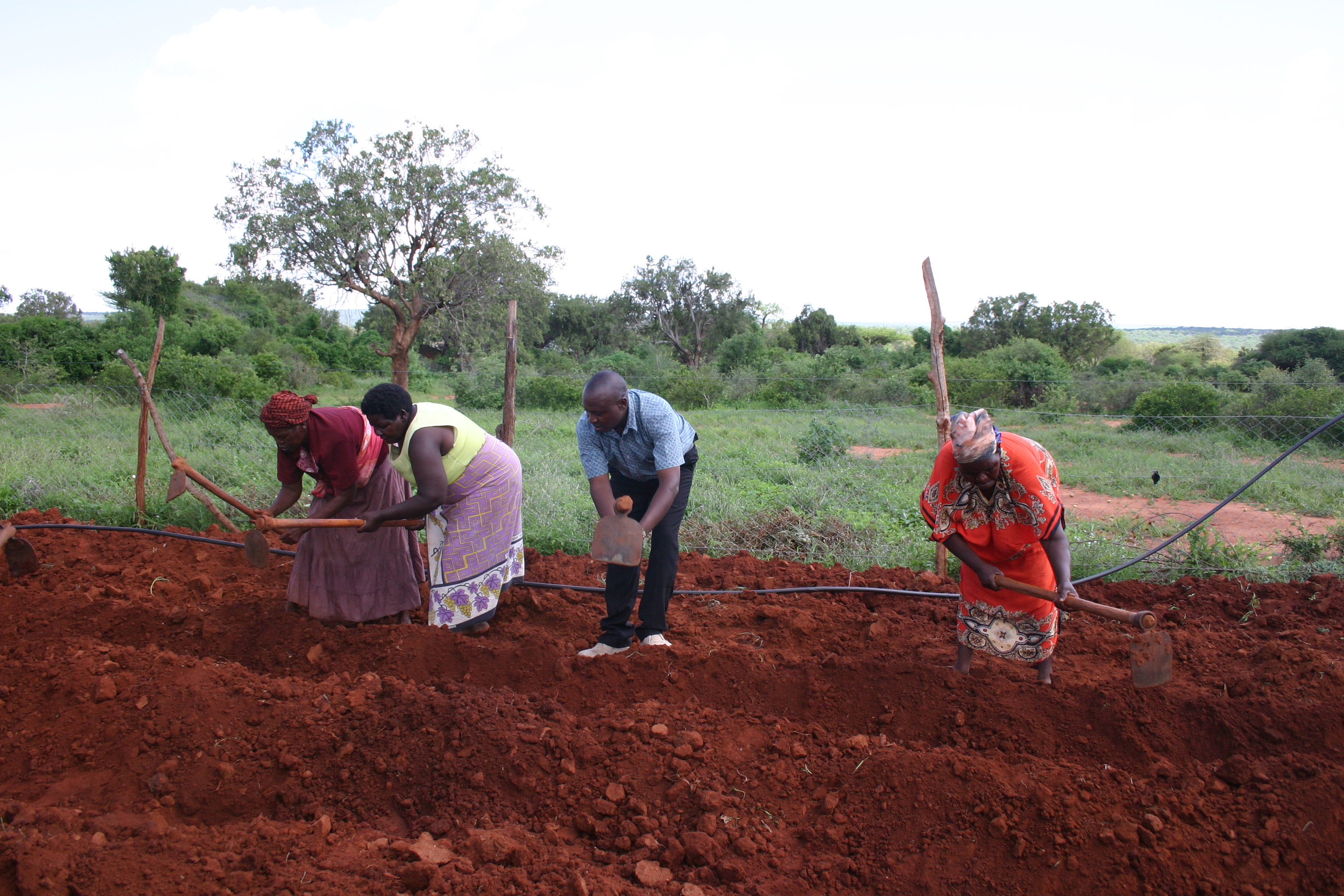
Elpina Mbuva, a 55-year old widow and mother of six is an active member of Bungule greenhouse. “The greenhouse has played a key role in helping to uplift women like us economically. We have been able to harvest and sell tomatoes, spinach, coriander, kale and other vegetables and divide the profit amongst ourselves,” she says.
Despite the positive results, these women groups are often faced with challenges. Most of them lack the knowledge to use advanced and improved means of agriculture. Lack of market research has limited the opportunities to sell their produce. Another challenge is labour because most of the women are above 50 years old and are unable to work in the farm for long hours. Pests and diseases have been a major cause in the loss of some crops.
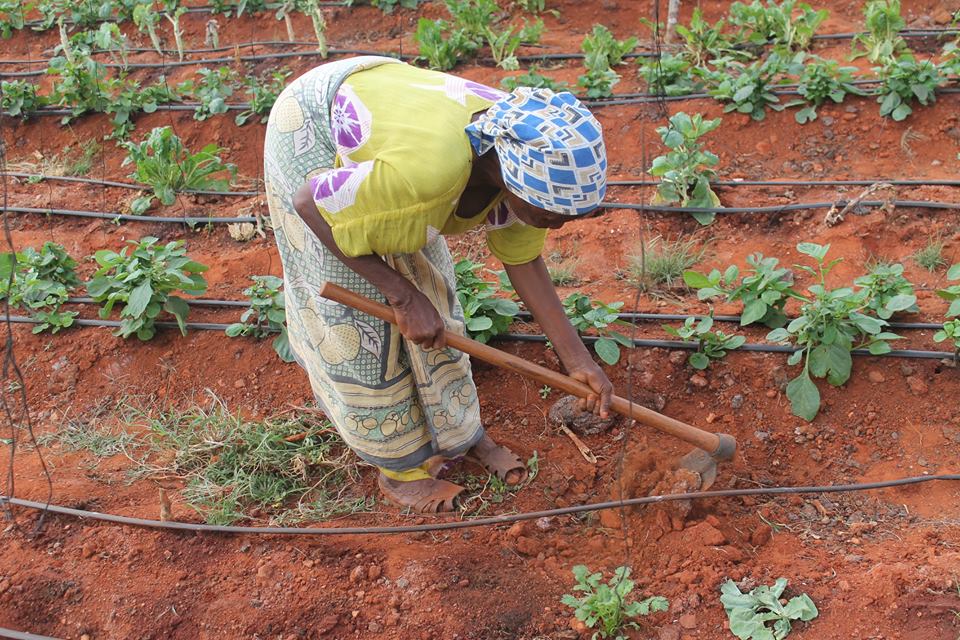
Wildlife Works Greenhouse team, spearheaded by Greenhouse Manager George Thumbi, have been working to resolve such challenges. To protect the crops from pests, the team is trying to help the groups adopt organic ways of controlling pests, such as the natural and biological methods used at Wildlife Works’ organic greenhouse. Mr. Maina has been instrumental in advising both groups on crop planning and best practices as well as providing labour. The women are provided access to information on business skills, including best practices on how to keep records when making sales and technical skills on plant reproduction.
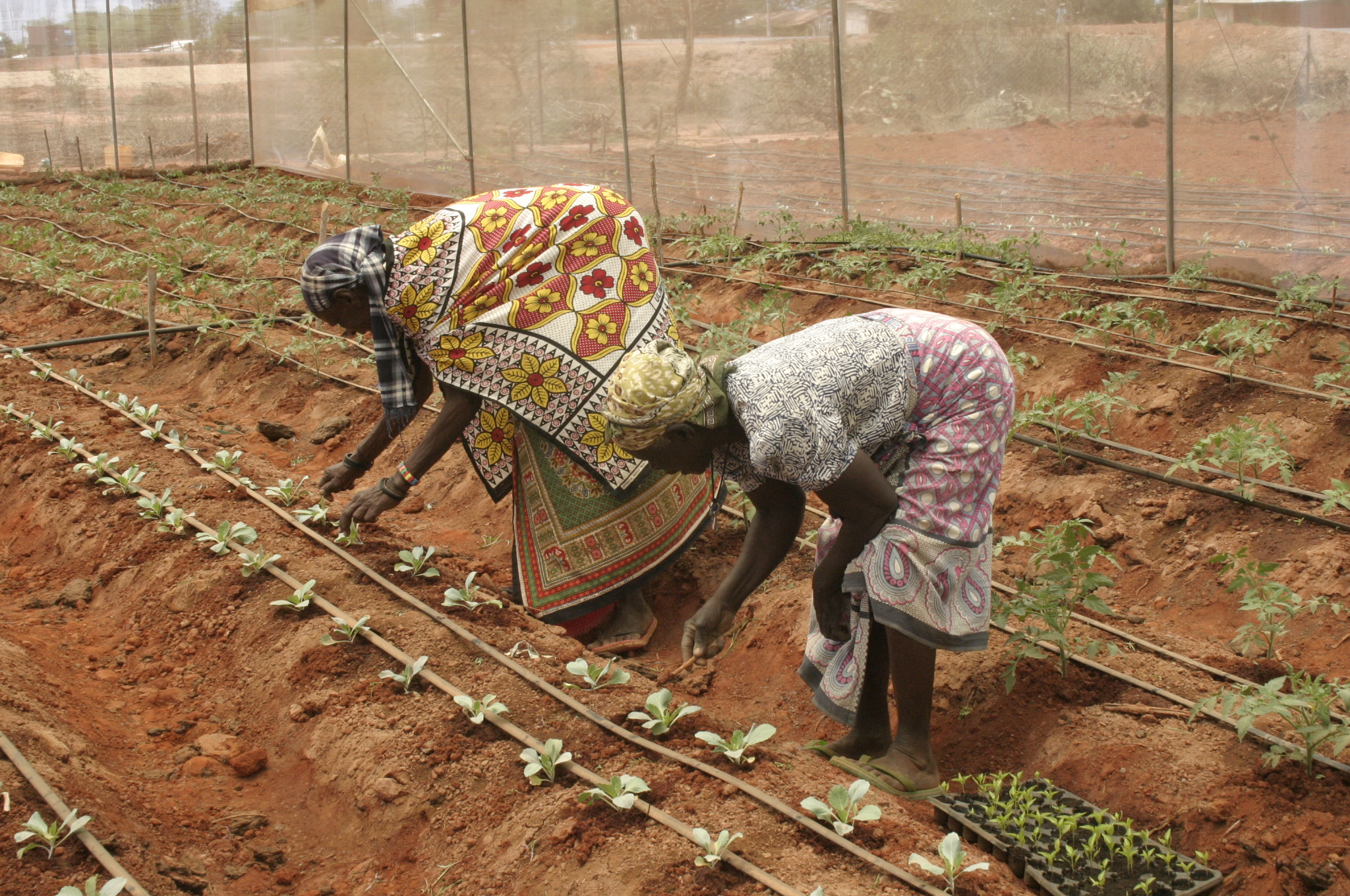
Both projects’ positive outcomes show the importance of co-creating new economic opportunities for women that increase their agency. Wildlife Works is pushing to address challenges faced by women in order to bring about a future where they have access to self-determination, have positive self-esteem and have confidence in facing any difficult situation.
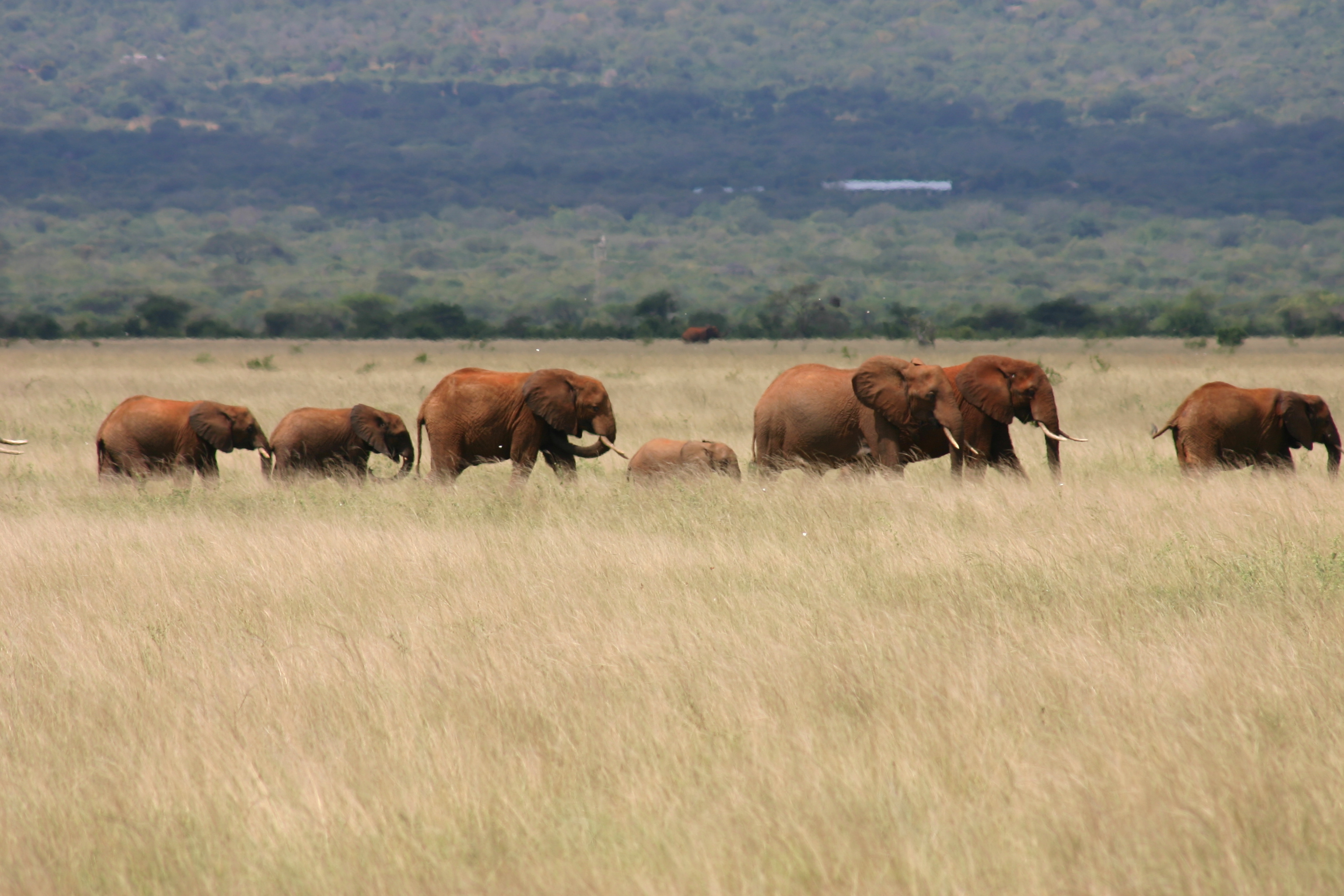
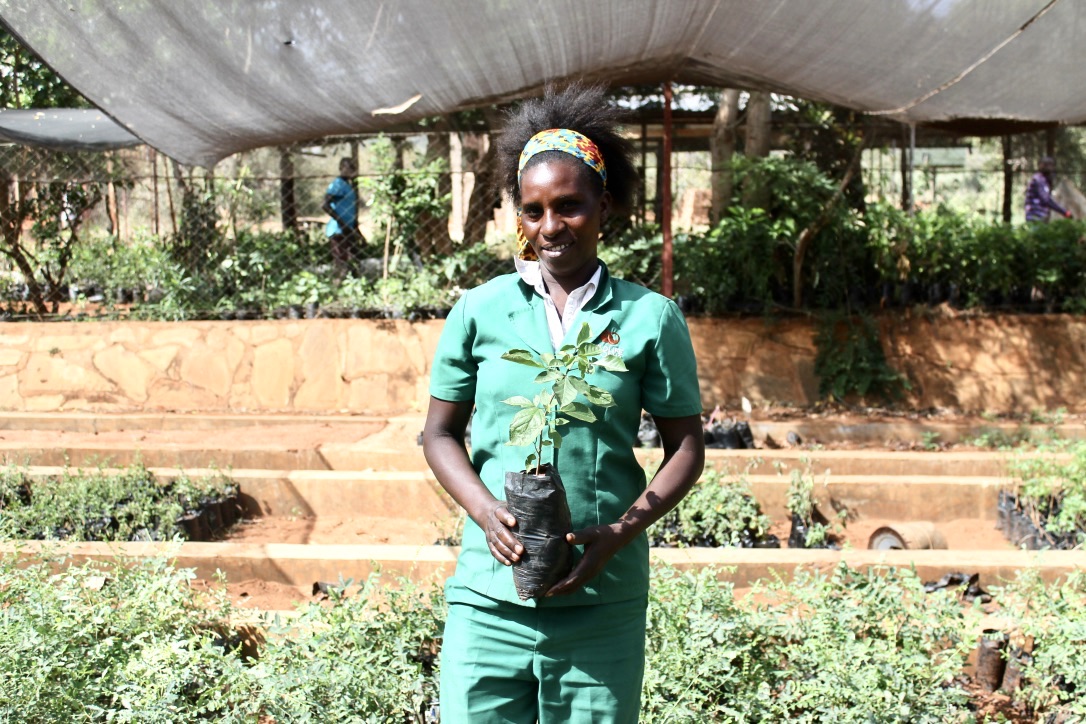


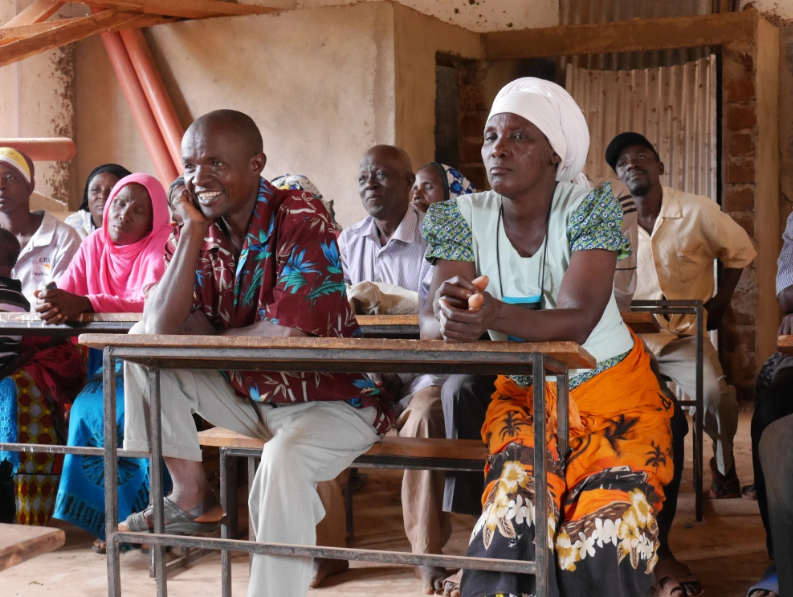

One Comment
Tanya Sharma
Nice blog, good information is given about empowering women. Was very helpful. Thanks for sharing with us.